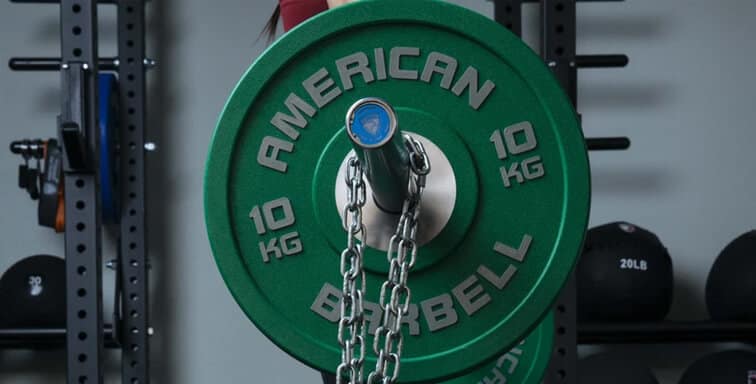When it comes to HIIT, there’s a lot of smoke-n-mirrors. In many of our education seminars, I say you should put an “S” in front of the “HIIT”. Let’s be truthful about what HIIT really is.
Most “trainers” forget about the second “I” in HIIT. INTERVAL. Interval means, work and rest. This is essential for high intensity work. Many HIIT programs aren’t that – they are a let’s see what we can throw together to make it a hard program. Hard miss. Plus, who can roll at true high intensity for a full class of 40-60min? The work to rest ratio must allow for adequate time so the athlete can go again with an effective power curve. Meaning, rest long enough to do repeated work at nearly the same power output – that’s where results and adaptation happen. Typical rest periods for aerobic work should be roughly 1:1. For anaerobic efforts (where the good stuff happens), 1:3 minimum is sufficient in most cases. Keep in mind, the harder you go, the more you need that recovery time.
The other big myth is that HIIT is all body weight or done with a kettlebell or dumbbells. Quite the contrary. The key is to vary the movements and make sure you use decent load in your HIIT programming. In addition to the compound movements, mix in a barbell, sandbag, weighted vest or any movement on a rig. Adaptation and application to sport or life is a key result from HIIT training. Of course, we also believe in mixing up stamina modalities too (i.e. rower, bike, treadmill) to keep your heart strong.
Just starting out? Here are some key points to remember:
- Move Efficiently (If you have a proper work: rest ratio, you should be moving with good technique)
- Keep repetitions to blocks of 10 or less (Again, work: rest is key)
- Keep sessions to 15-20 min to allow for adaptation to HIIT. In a few weeks, you’ll be able to grind it out longer and harder.
- Aerobic work: rest = 1:1
- Anaerobic work: rest = 1:3 (minimum)
There are numerous studies showing that HIIT training has psychological and physiological benefits. The key is to do it intelligently and with purpose. We will dive deeper into programming in the upcoming weeks, but for now, here is an example of what HIIT programming should look like.
-Doug K.

